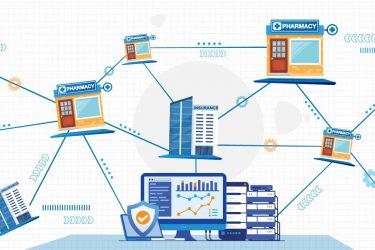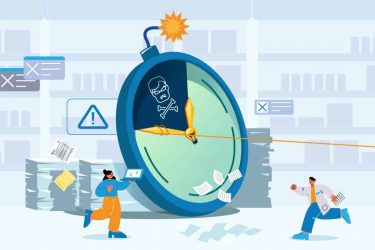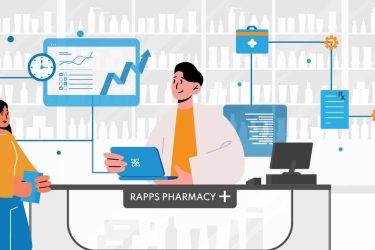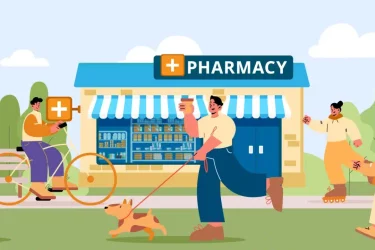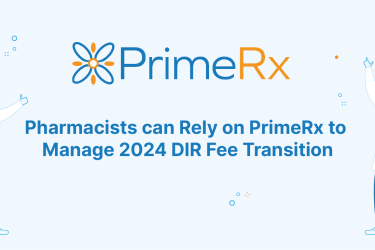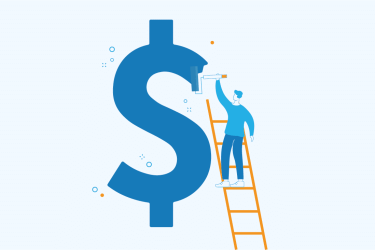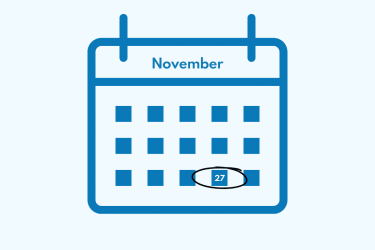PrimeRx Blog
Depending on who you ask, prior authorizations (PAs) are either an efficient way to control medication costs or yet another administrative burden
PrimeRx stands out as a comprehensive solution tailored to address the dual challenges of billing errors and compliance risks in addition to
Streamline Your Pharmacy Inventory and Navigate DIR Fees with Ease. Almost 70 percent. That’s how much of a typical pharmacy’s operating budget
Empowering Pharmacy Profits Strategies for Maximizing Gains Amidst Delayed Insurance Payouts. For pharmacies, dispensing medications is only half the battle. The other
Benjamin Franklin has been credited with coining the phrase, “If you want something done, give it to a busy person.” But a
First came news in 2022 that CVS was implementing a mandatory lunch break, during which pharmacies would shut down for 30 minutes
Sometimes the best medicine doesn’t come from a pill bottle or a vial, but from a brisk walk around the block, or
Learn more about PrimeRx America is experiencing a doctor shortage that is expected to get much worse before it gets better. This
It was, at best, a clunky introduction. A photo of Pope Francis wearing a white puffer jacket that turned out to be
Beginning in January 2024, the Centers for Medicare & Medicaid Services (CMS) will implement a new process for assessing pharmacy DIR fees.
Choosing a pharmacy management software solution can be overwhelming. A quick Google search reveals dozens of options, with each using words like
Beginning in January 2024 direct and indirect remuneration (DIR) fees will no longer be collected retroactively. Instead, they will be collected up
Specialty drugs are in a unique class for a variety of reasons including their high cost, complex formulations, targeted purpose, limited supply,
November 27, 2023, should be a date pharmacists have circled in red on their calendars. That’s the date when key provisions of
Back in 2020, which seems like a lifetime ago, Micro Merchant Systems CEO Ketan Mehta was asked in a ComputerTalk discussion about

